Britain & Ireland
What was it about industrialisation that led to the emergence of a woman’s movement in Victorian Britain? Why do we see so many people fighting for so many rights and liberties in this period and what are the origins of some of the issues we still campaign on today? This section includes our major series on Social and Political Change in the UK from 1800 to the present day. There are also articles and podcasts on the often violent relationship between England and Ireland during this period and England’s changing relationship with Scotland and Wales. Read more
Sort by:
Date (Newest first) | Title A-Z
Show:
All |
Articles |
Podcasts |
Multipage Articles
-

Virtual Branch Recording: Vagabonds versus the Mendicity Society
ArticleClick to view -

Anti-Americanism in Britain during the Second World War
ArticleClick to view -
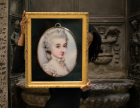
Recorded Webinar: Female slave-ownership in 18th and 19 century Britain
ArticleClick to view -

Recorded Webinar: Nineteenth-century crime and punishment
ArticleClick to view -

Recorded webinar: Queer beyond London
ArticleClick to view -

Film: Bricks and the making of the city - London in the 19th century
ArticleClick to view -

Mountbatten in retirement: the abortive trip to rebel Rhodesia
ArticleClick to view -

Tourism: the birth and death of the little Welsh town?
ArticleClick to view -

History Abridged: Balmoral
ArticleClick to view -
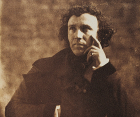
Real Lives: Who was Sir John Steell?
ArticleClick to view -

Dress becomes her: the appearance and apparel of Elizabeth II
ArticleClick to view -
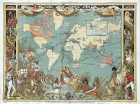
Navigating the ‘imperial history wars’
ArticleClick to view -

Harriet Kettle, Victorian rebel
ArticleClick to view -

Film: “The Talk Should Not Be Broadcast”: Homosexuality and the BBC before 1967
ArticleClick to view -
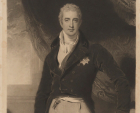
The last days of Lord Londonderry
ArticleClick to view -
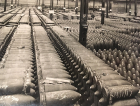
Civilian expertise in war
ArticleClick to view -

Film: The Quest for the Lost of the First World War
ArticleClick to view -

Cinderella dreams: young love in post-war Britain
ArticleClick to view -

The secret diaries of William Wilberforce
ArticleClick to view -
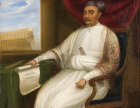
What Have Historians Been Arguing About... the British Empire and the age of revolutions in the global South
ArticleClick to view

